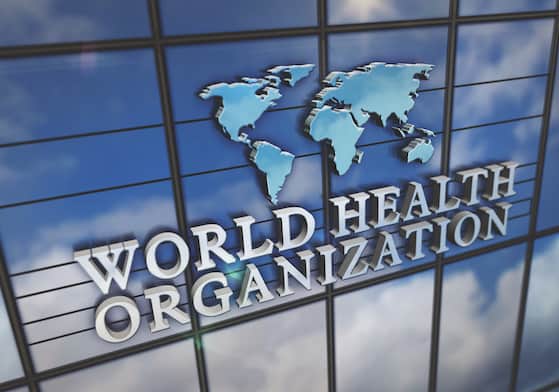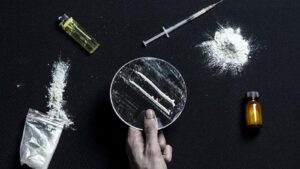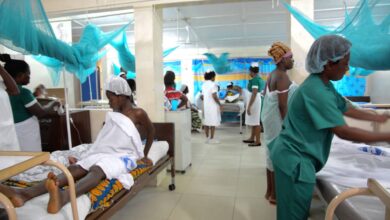Global Drug Abuse Crisis Drains Billions from World Economy, WHO Warns

The global cost of drug abuse is weighing heavily on economies, public health systems, and workforce productivity, with some countries losing as much as 2% of their GDP each year, the World Health Organization (WHO) has revealed.
In a statement to mark the 2025 International Day Against Drug Abuse and Illicit Trafficking, WHO warned that the global economy is bleeding billions due to the health-related expenses, crime, and lost productivity linked to drug abuse—adding urgency to calls for reforming how countries tackle substance use.

A Costly Public Health and Economic Crisis
Globally, an estimated 292 million people—about 5.6% of those aged 15 to 64—used drugs in 2022, while 64 million are currently suffering from drug use disorders. The WHO emphasizes that the economic fallout goes beyond policing and incarceration. Untreated addiction contributes to rising mental health disorders, increased incidence of infectious diseases such as hepatitis and tuberculosis, and worsening chronic conditions—driving up healthcare costs and weakening national productivity.
“Drug use has become one of the most expensive public health challenges facing both developed and developing countries,” the WHO noted, adding that many economies face a “silent drain” from unmanaged addiction and the ripple effects of poor treatment access.
Low Investment Despite High Returns
Despite the growing need, only 1 in 11 individuals globally who suffer from drug use disorders received treatment in 2022—a gap even wider in low- and middle-income countries. This is particularly troubling given the WHO’s estimate that every dollar invested in drug treatment yields a return of $4 to $12 through reduced health and social costs.
“Inaction is not only a public health failure; it’s an economic miscalculation,” the agency stressed.
Eastern Mediterranean Spotlight
The WHO’s Eastern Mediterranean Region, home to more than 3.4 million people with drug use disorders, is a key focus of the organization’s latest intervention: the Regional Flagship Initiative on Accelerating Public Health Action on Substance Use. Launched in October 2024, the programme aims to shift the regional narrative from criminalization to treatment and harm reduction.
Key strategies include embedding substance abuse treatment in universal health coverage (UHC), investing in school- and workplace-based life skills education, and promoting evidence-based treatment over punitive approaches.

A Shift in Policy Approach Needed
While global drug policies have historically focused on enforcement and deterrence, WHO argues that these strategies have failed to deliver long-term results and often exacerbate stigma. Instead, the agency is pushing for a public health-led model that includes accessible, affordable treatment, harm reduction programmes, and civil society engagement.
“It’s time to view drug use disorders as the chronic health conditions they are,” the WHO said. “Effective policy must be rooted in science, not stigma.”
The Call for Collective Action
To support the new regional approach, WHO has convened a Strategic and Technical Advisory Group and a Civil Society Coalition to ensure that community voices, including those with lived experience, are at the forefront of implementation.
As WHO marked this year’s International Day Against Drug Abuse and Illicit Trafficking on June 26, it reiterated its appeal to governments, institutions, and the private sector: invest now in sustainable, evidence-based public health responses—or risk deeper social and economic instability in the years ahead.
“With the right policies and partnerships, we can reduce harm, save money, and protect future generations,” the agency concluded.




